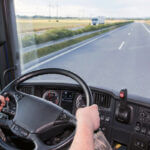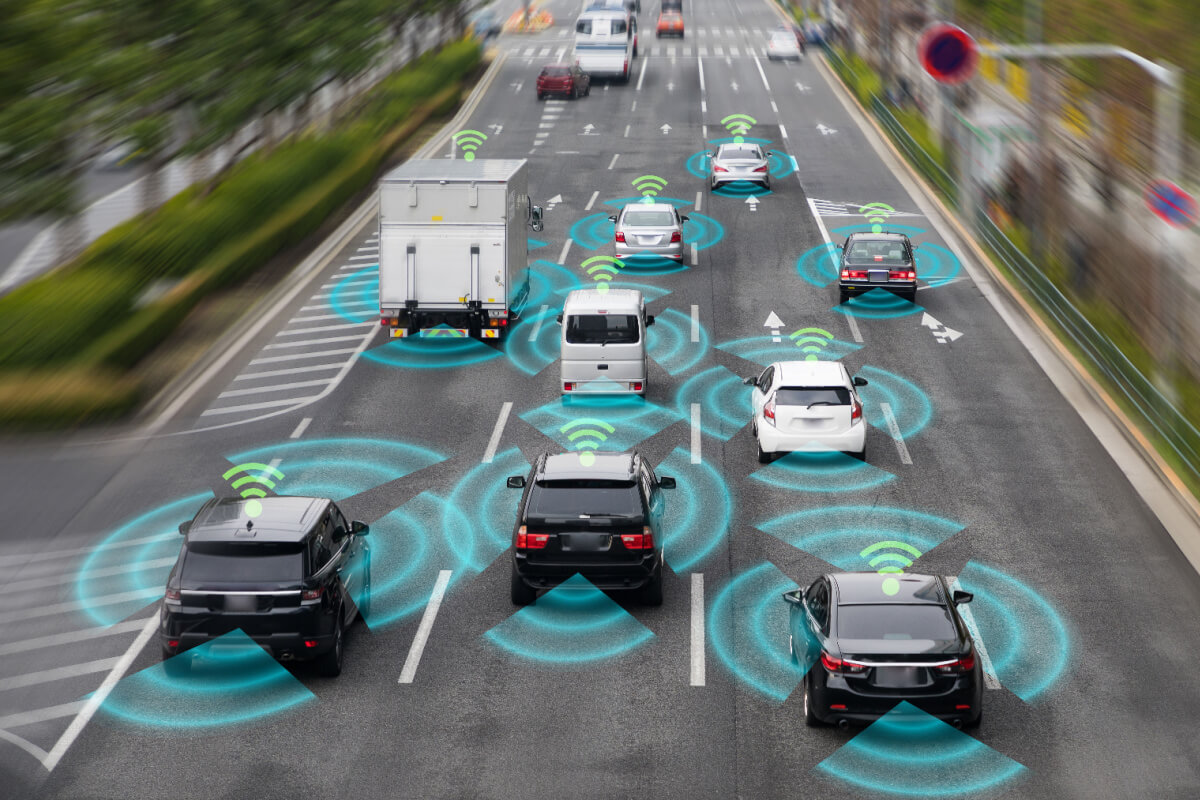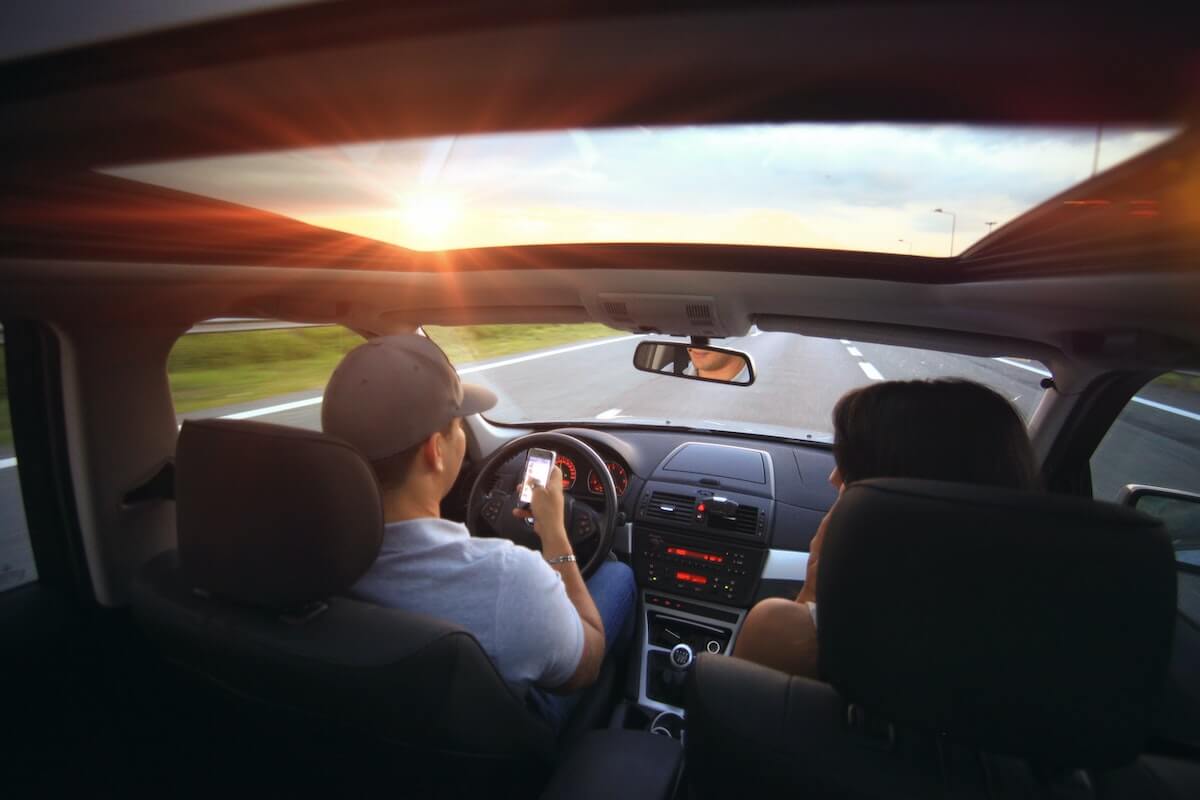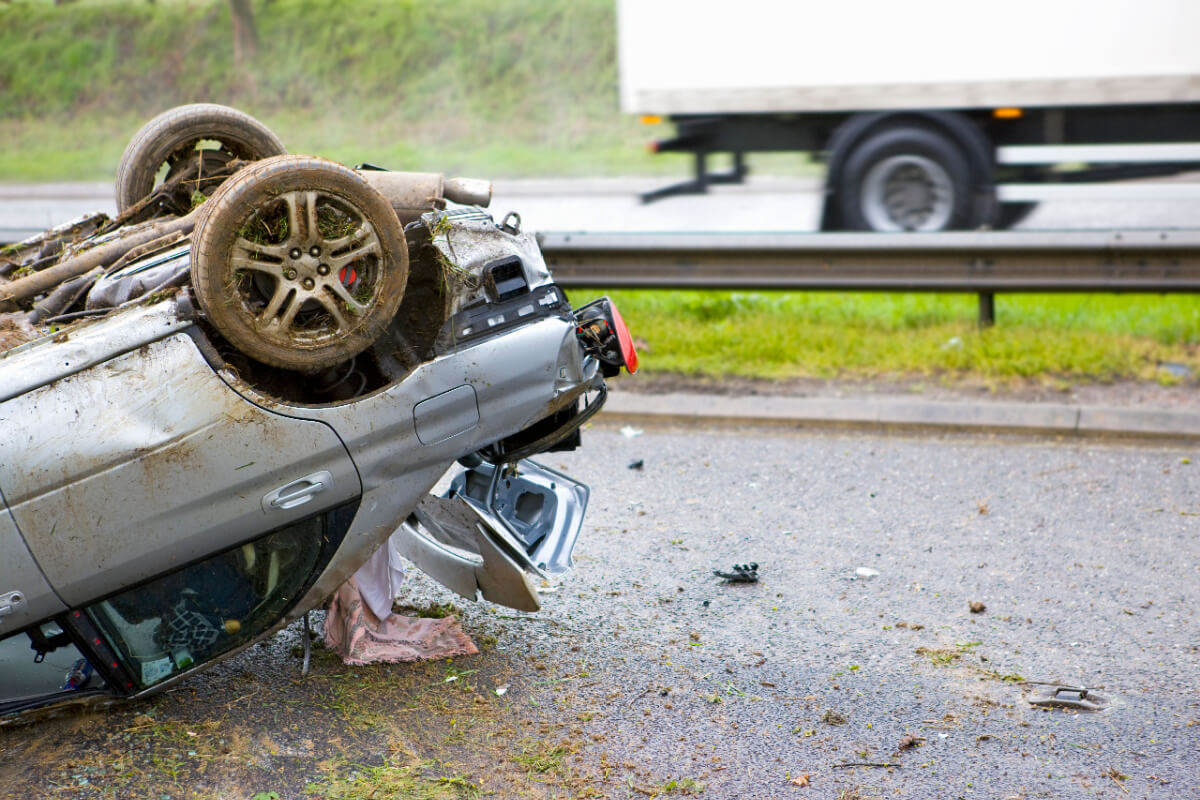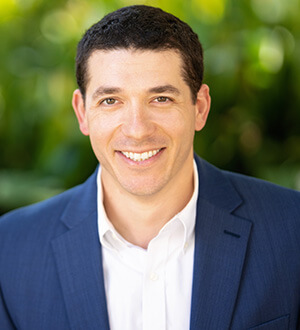
Associate at AKD Lawyers
Practice Areas: Personal Injury, Property Damage, Insurance Bad Faith Claims, Breaches of Contracts, Employer-Employee Disputes
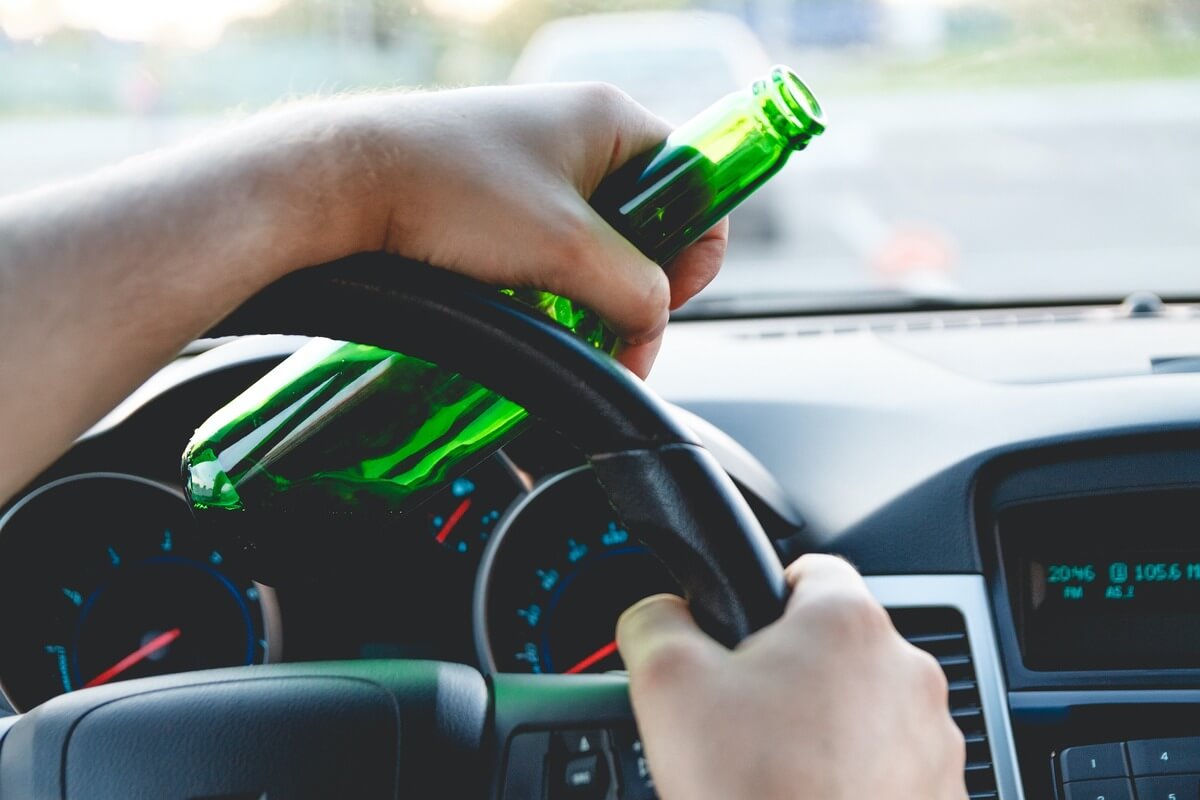
After a collision involving an intoxicated motorist, one may presume they’ll be fully liable. But does inebriation truly guarantee fault?
Comparing Key Points
| Drunk Driver Behaviors | Assessing Liability |
| Behave erratically and unpredictably, increasing accident risk | Their specific actions must connect to the accident in question |
| Driving drunk signifies negligence per se | Plaintiffs must prove negligence, causation and damages relating to the actual accident |
Are drunk drivers always fully liable for accidents they cause?
No, drunk drivers are not automatically liable for every accident they are involved in while intoxicated. To hold a drunk driver legally responsible for damages, you must prove their drunk driving directly caused the accident through dangerous or negligent actions like speeding, swerving, or ignoring traffic signals. Their intoxication alone does not guarantee liability if other factors like adverse weather or reckless driving by a different party contributed to the crash. Ultimately, determining liability requires establishing a definitive link between the drunk driver’s conduct behind the wheel and the specific collision in question, as well as proving resultant injuries or vehicle damage.
Are Drunk Drivers Automatically At Fault For a Car Accident?
After a car accident with a drunk driver, you may assume that the drunk driver automatically bears liability. After all, that driver decided to get behind the wheel while inebriated, which likely contributed to the accident, even if it did not cause it altogether. Does the drunk driver automatically bear fault for a car accident?
Drunk Driving and Negligence
Driving while impaired, according to the NHTSA, is considered a dangerous crime. Impaired drivers cannot safely control their vehicles. They also often behave unpredictably on the road, which can substantially increase the risk of many types of serious car accidents. As a result, drunk drivers are often considered negligent per se: that is, they are automatically negligent because they have committed a clear violation that places themselves and others around them in substantial danger.
After a drunk driving accident, injured victims often have a much easier time establishing negligence on the part of the drunk driver and pursuing compensation for their injuries because of that act of negligence. In most cases, drunk drivers will at least share liability for the accident.
Establishing Liability
While drunk drivers often share liability for serious accidents that occur while they were driving under the influence, drunk drivers do not automatically bear liability for an accident that occurs during that period of intoxication.
- To have grounds for a claim against the drunk driver, you must show that the drunk driver committed an error behind the wheel that somehow contributed to the accident.
Suppose, for example, that you rear-end a drunk driver, or that you drift out of your assigned lane and sideswipe the drunk driver. In those cases, assuming that the drunk driver did not engage in any dangerous behavior behind the wheel, you might actually bear liability for the accident–and the drunk driver could, as a result, have the right to file a claim against your insurance company.
- The drunk driver might still face charges for driving while intoxicated, but those charges do not necessarily automatically mean that the drunk driver will bear liability for the entire accident.
In order to establish liability, you may need to establish several key things.
1. The drunk driver committed a dangerous or negligent act.
Drunk drivers often engage in a variety of potentially dangerous behaviors, including:
- Driving aggressively
- Speeding
- Driving too slowly in an effort to avoid others noticing that they are drunk
- Ignoring traffic signals
- Slamming on the brakes
- Swerving over the road
- Deliberately causing a collision
- Taunting other drivers in a way that ultimately leads to a collision
If the drunk driver involved in your accident committed an act that led to the accident, the driver will likely bear at least partial liability for your accident.
The simple act of being drunk behind the wheel may lead to a criminal conviction, but without those dangerous or negligent behaviors behind the wheel, it may not leave the drunk driver liable for the accident.
2. The drunk driver’s actions caused or contributed to the accident.
You can have a drunk driver behaving incredibly negligently who does not cause the accident in question. Suppose, for example, that the driver swerves over the road, changing lanes at random. Another driver pulls out into traffic without looking and hits the drunk driver.
- The driver that failed to adhere to traffic rules may share liability for the accident, despite the drunk driver’s other dangerous behaviors.
If, on the other hand, the drunk driver’s actions caused or contributed to the accident, the drunk driver may face full or partial liability for the accident.
3. You suffered injuries or property damage in the accident.
In order to file a claim against a drunk driver, you must show that you suffered some type of damages due to the driver’s negligent actions.
- Damage may take a number of forms. If you have property damage from the accident, usually involving damage to your vehicle, you have the right to file a property damage claim against that driver’s insurance.
- On the other hand, if you suffered injuries in the drunk driving accident, you may need to file a personal injury claim. A personal injury claim can prove much more complex than a property damage claim, and may leave you in need of assistance from a lawyer.
What Happens if the Drunk Driver is Not Convicted?
Sometimes, you may know, or assume that you know, that the other driver involved in your accident was drunk. Unfortunately, that driver does not receive a drunk driving conviction.
Now what?
- Sometimes, other conditions can mimic drunkenness, especially if you did not have contact with the driver until after the accident.
- A car accident victim with a traumatic brain injury, for example, may behave like a drunk at the scene of the accident, despite not having consumed alcohol.
- Some diabetic patients with serious blood sugar issues may also behave as though they are drunk, including engaging in dangerous driving behavior.
Furthermore, sometimes, a driver who genuinely was drunk at the time of the accident can avoid a conviction due to improper chain of evidence or a failure on the part of the responding officer to record that evidence.
What does that mean for your claim?
- If the other driver’s negligence led to an accident, regardless of whether that driver was drunk, you likely have grounds for a personal injury claim.
- While a drunk driving conviction could help serve as evidence of the other driver’s negligence, your claim does not rely on that single piece of evidence alone, so you can still move forward with a claim for the damages you sustained as a direct result of the accident.
Contact a Drunk Driving Accident Lawyer to Learn More
There might be situations where you’re uncertain about the timeframe to claim an injury after an accident in New Orleans.
It’s also essential to recognize the importance of police reports and their credibility. With the rise of ride-sharing platforms, being informed about potential Uber and Lyft accidents in New Orleans can also be vital. And if post-accident, you need physical therapy, identifying the best physical therapists becomes crucial.
Additionally, understanding aspects of premise liability can also aid in comprehending the various facets of accident claims.
If you suffered injuries in a drunk driving accident, an experienced car accident lawyer can help you learn more about your rights, including how to pursue compensation regardless of whether the other driver received a drunk driving conviction.
Contact Alvendia Kelly & Demarest today at 504-618-1638 to schedule a free consultation.
Categories
- Bicycle Accidents
- Car Accident
- Case results
- Class Action
- Community Aid
- COVID-19
- Fun
- General
- Hard Rock Lawsuits
- Holiday
- Insurance Claims
- Legal Advice
- Mardi Gras Accident Attorney
- Mass Tort
- Medical
- Motorcycle Accident
- Personal Injury
- Practices
- Premise Liability
- Recent News
- Safety
- Truck Accidents
- Uncategorized
- Weather
- Work-Related Accident

In 2003, after being dissatisfied with the quality of legal care for victims of car accidents, Roderick ‘Rico’ Alvendia sought to establish a new firm focused on providing high-quality legal services to aid injured victims and their families. J. Bart Kelly, sharing Rico’s passion for upholding justice, joined the firm later that year, and established a partnership.


